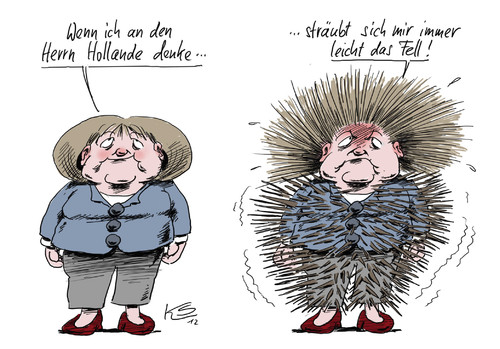The Greek deal needs to respond to three clear challenges. (1) Smart reforms: a fundamentally different approach is needed, departing from the “laundry list” logic of disconnected reforms that suggest that there is one-size fits-all method that every European country could and should apply. Reform proposals need to bring in political considerations on what the growth model of a country is; how through well-connected and comprehensive packages of economic policy-changes a country can be led back to a plausible growth path. Also, some reforms are politically more costly than others. And some reforms can more easily be implemented in a favorable economic context than in recession.
(2) Changing the Eurozone’s fiscal stance and investments: On investments, Mario Draghi once said, investments are today’s demand and tomorrow’s supply. That assessment is correct. Europe needs to recognize that there is only one solution to the conundrum of highdebt in the member states and the need for a change of the fiscal stance of the euro-area: a focused strategy to increase investments starting at the European level. This strategy has two pillars. First, it needs to be based on regulatory clarity. The lack of private investment in Europe derives largely from regulatory and political uncertainty in core areas such as energy or the digitalization of all sectors of the economy. A push towards European energy union could lead to a real investment boost. And an agreement on a single and identical piece of legislation on data protection by the largest possible number of European countries, replacing today’s 28 different legal contexts even if they derive from a single European approach, would increase the market size dramatically and help Europe to be more successful in innovation.
(3) Stronger cooperation between France and Germany. This relates to the necessary quantum leap in integration. The euro-area is still a weakly integrated political entity. Further work is needed on at least four fronts. First, Europe needs to start a clear and unstoppable process leading towards genuine Economic Union in Europe. EMU lacks convergence. EMU lacks mobility. EMU lacks solidarity. EMU lacks risk-sharing. EMU lacks sharing of sovereignty. We need an agreement by the Heads of State and Government to immediately setup a process in several phases leading from immediate action, to a first round of implementing measures, to finally a change of the Treaties to complete Economic and Monetary Union. The Greek Deal

